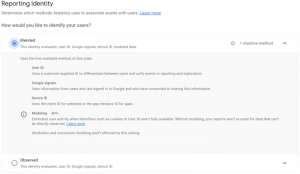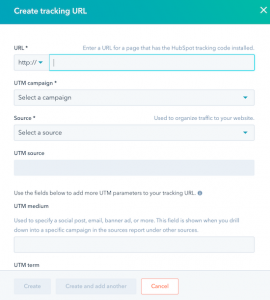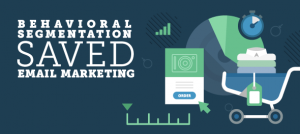BY Sarah Bregel
Competition among generative AI companies is heating up. On Friday, Amazon announced it would invest another $4 billion in the generative AI company, Anthropic. In little more than a year, the tech giant has now dumped at least $8 billion into the brand.
Anthropic is a competitor of OpenAI, which raised $6.6 billion from investors last month. It also rivals Google and Elon Musk’s xAI.
In a blog post announcing the deal, Matt Garman, chief executive of Amazon’s cloud computing division, AWS, said, “We’ve been impressed by Anthropic’s pace of innovation and commitment to responsible development of generative AI, and look forward to deepening our collaboration.” Garman added that the companies will “keep pushing the boundaries of what customers can achieve with generative AI technologies.” Amazon also said that AWS will be named “primary training partner.”
That boundary-pushing could look like more innovations coming to Claude 3.5 Sonnet, Anthropic’s new AI model. The chatbot was first released in 2023, as a competitor to ChatGPT. Last month, the company announced it gave Claude the ability to control a user’s computer and access the internet—a big leap for AI, which other companies are likely to imitate.
Anthropic was founded by former OpenAI employees (and siblings) Dario Amodei and Daniela Amodei, and was, at first, an AI safety lab. Though initially it positioned itself as a small, safety-focused brand, starting with less than 200 employees, as of September, Anthropic is said to employ 1,035 people. Still, the major innovation, which will allow for tasks to be more easily automated, raises concerns about the risks that may come with giving robots the power to control computers on their own. Likewise, in a video post on X, the company admitted that the “experimental” new technology can be “error-prone.”
However, Anthropic is still extremely focused on “honest” AI. It started out doing advanced AI safety research that ultimately required the company to build its own AI model. “Imagine if everyone of good conscience said, ‘I don’t want to be involved in building AI systems at all,’” chief executive, Dario Amodei told the New York Times a year ago. “Then the only people who would be involved would be the people who ignored that dictum—who are just, like, ‘I’m just going to do whatever I want.’ That wouldn’t be good.”
WIth safety as its constant focus, the AI model is trained on Constitutional AI, which is essentially a set of principles that mean it’s less likely to misbehave or say harmful things. “AI models will have value systems, whether intentional or unintentional,” Anthropic said in a May 2023 blog post. “Constitutional AI responds to shortcomings by using AI feedback to evaluate outputs,”—which, presumably, teaches the model to respond in the most respectful way possible. Other leading competitors that aren’t trained on values may be easier to manipulate.

As part of the investment, Anthropic plans to train and deploy its foundational models on Amazon’s own Trainium and Inferentia chips, as opposed to the more common Nvidia chips. The new chips, which Amazon says offer “high performance” at the “lowest cost” are part of Amazon’s strategy to strengthen its position in the market. The company also said, in its announcement, that Claude will power Amazon’s new and improved Alexa voice assistant (which, when tested, was said to perform better using Claude than the previous in-house model). The feature is scheduled for release in 2025. The announcement also stated that AWS will be named “primary training partner.”
Given that it ostensibly began as a research firm, Anthropic is already known for its research-driven practices, like developing advanced strategies to help mitigate election-related risks and measuring the persuasiveness of its models. Amazon doubling its investment may not only keep the AI game competitive, but also help keep safety at the forefront of AI developments.
ABOUT THE AUTHOR
(3)
Report Post







